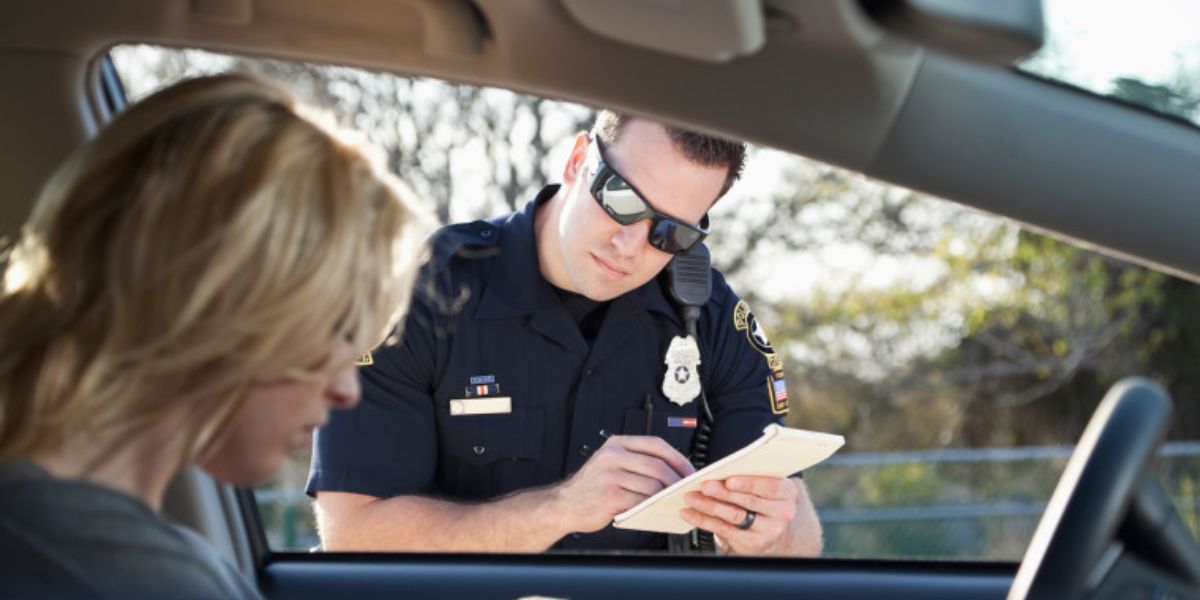Fake 911 calls that trigger police responses—known as “swatting”—can now land you in serious legal trouble in Florida. Here’s what the new law means for residents.
Swatting Is No Longer a Prank in Florida—It’s a Felony
In a major crackdown on fake emergency calls, Florida has passed a new law making swatting a felony offense. The legislation was introduced in response to a rise in hoax calls that have targeted public officials, schools, and even livestreamers.
As of July 1, anyone convicted of making a false report that leads to an emergency response may now face felony charges, prison time, and a permanent criminal record.
What the New Law Actually Does
Here’s what Florida’s new anti-swatting law includes:
➤ Swatting is reclassified from a misdemeanor to a felony offense
➤ Stronger penalties for calls that result in injury, property damage, or school lockdowns
➤ Juvenile offenders may also face prosecution and restitution requirements
➤ Law enforcement will track and prioritize swatting cases statewide
The law applies to false reports made to 911, law enforcement, schools, or emergency management agencies.
Why Florida Lawmakers Took Action
The move follows a surge in dangerous hoax calls across Florida and the U.S., many of which target:
Schools, prompting lockdowns and panic
Public figures and elected officials
Online streamers, influencers, and gamers
Random households, where people are unaware they’re about to be swatted
“These false calls are not jokes—they put lives in danger and waste critical emergency resources,” said one state legislator who sponsored the bill.
Real Consequences for a Fake Call
Under the new law, penalties include:
- Felony charges punishable by up to 5 years in prison
- Fines and court costs, including reimbursement to emergency services
- Civil liability, if anyone is harmed or property is damaged
- Charges can increase if the call causes a death or serious injury
What Florida Residents Need to Know
➤ Think before you prank—a fake call could ruin your life
➤ Parents and educators should talk to teens about the consequences
➤ Swatting done through social media, gaming, or spoofed numbers will still be investigated
➤ Law enforcement is prioritizing these cases and using digital forensics to find offender.
Final Takeaway
Florida’s message is clear: swatting is not funny, harmless, or low-risk. It’s now a felony crime with real and lasting consequences.
This piece was written by Mary Berg. Light AI tools assisted with grammar checks and layout polish. All editorial decisions and wording remain fully human and original.



